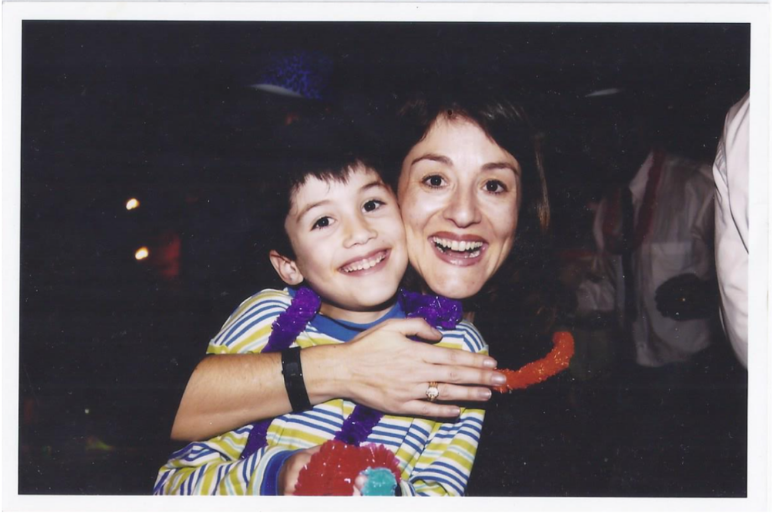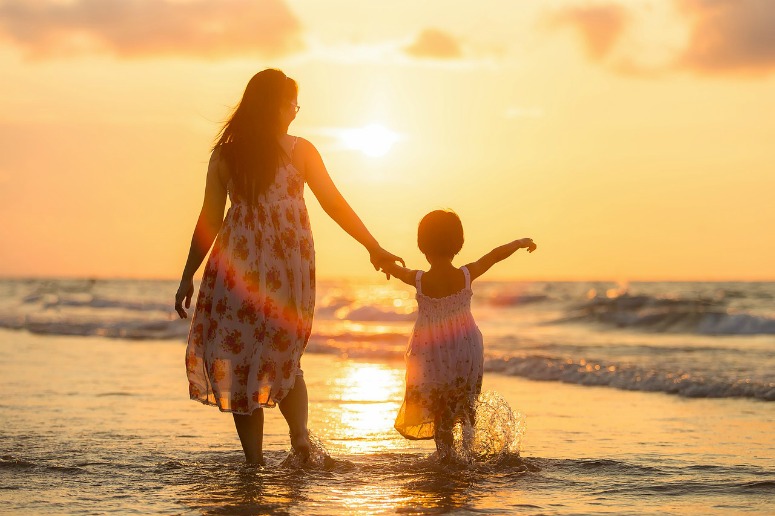
[thesis_block type=”tip” header=”Disclaimer” content=”This blog is based on personal experiences and contains my subjective opinion along with some research-based facts. My point with this blog post is not to offend anyone but purely to express myself.”]
Growing up in a family of medical professionals, it wasn’t unheard of for dinner talk to become downright gross. My dad frequently took urgent calls at the table and my mom, a Pediatric Nurse, spoke in detail about things that most of us don’t ever want to know about.
I remember distinctly hearing one too many gory details and pushing my dinner plate to the center of the table, getting no one’s attention by leaving. My brother was on course to become a doctor, so he was right in there with the questions so more disgusting details could be revealed.
When you grow up in a family of medical professionals, the profession either appeals to you as a career choice or it doesn’t.
Those conversations stuck with me
By the time we were in our teens, we could all repeat what my father would say for a head injury. “Make the child moan or groan or roll over and make sure that it is normal sleep.” This was in case the child had a concussion and needed further treatment.
Being one of four teenagers, the food didn’t go to waste when I left the stomach-turning dinner conversation. As mentioned, no one really missed me. My sister had a job just after college where she took blood a hundred times a day. The correct term is ‘Phlebotomist’. The title I preferred was ‘Vampire’. Point being, she didn’t mind blood.
Fortunately, I had one brother who didn’t lean toward medicine. He was so sensitive he forgot to breathe at funerals and was a clumsy sweet jock, spending an inordinate time at the Orthopedist. Perhaps the clumsy bit came from growing about 12 inches in high school.
Coaching with Tamara Mendelson
Are you struggling through an unexpected life change? I’m now taking applications for 2019 Coaching and I’d love to hear from you! Sign up below to receive my coaching application form straight to your inbox.
[magicactionbox id=1256]
People have been telling me their secrets all my life. I innately knew what people needed. I pay close attention to what people say, and don’t say, and sometimes know what people need before they do.
Through osmosis, I did collect a lot of information at the dinner table over those years. I also had two younger siblings and babysat from the time I was 14-years-old. I was a camp counselor for both boys and girls. When my kids were little, I had a number of friends with kids the same ages who called me before they called their own doctor.
Through the power of observation and empathy, I know stuff.
Observations
In college, I took a number of psychology courses. For a brief moment, I even thought about becoming a Psychologist. Most of it seemed like common sense to me. I considered the kids of Psychologist I knew and how they were kind of screwed up. You know that old saying about shrinks being crazy themselves? While harsh, it turns out that mindset may be based in fact.
While on Psychology Today, I found all sorts of articles and studies about the lack of mental health services for Mental Health Practitioners.
My favorite article is written by Robert Epstein, Ph.D.:
Why Shrinks Have Problems: Suicide, stress, divorce — psychologists and other mental health professionals may actually be more screwed up than the rest of us.
It is an amazingly well-written and researched article which brings home my point.
It is not to say that I haven’t had a great therapist, because I have. I have also had a terrible therapist that took a side in couples therapy and was more concerned with the color of my shoes than the disintegration of my marriage.
The end of my marriage is how I got into coaching/counseling.
During the end of my marriage, I wrote a book called Divorce Poetry – From Breakdown to Break Free, the five stages of divorce. Soon after that, I started getting calls from people to help them through their own divorces. I was pretty good at it but thought I needed something other than street cred.
After reading a text about grit, and observing my students’ reactions to the concept, I became interested in Positive Psychology. I was inspired by Angela Duckworth, who gave a TED talk about her career as a Teacher and Psychologist. I joined UPenn’s Positive Psychology certification course where Angela Duckworth taught one of the courses. That was in 2018.
Positivity
Common sense and empathy are what I use to help others. Tapping into the powers of perseverance, positivity, and your natural strengths, will guide you towards living a happier and more fulfilled life. Anyone can learn to be more resilient. An emotional pain doesn’t have to be a life sentence.
I have helped my clients learn about themselves and what specifically motivates them to live happier lives.
Be kind to yourself.
Now over to you: Are you interested in Positive Psychology coaching?
Sign up for a FREE discovery call here.











